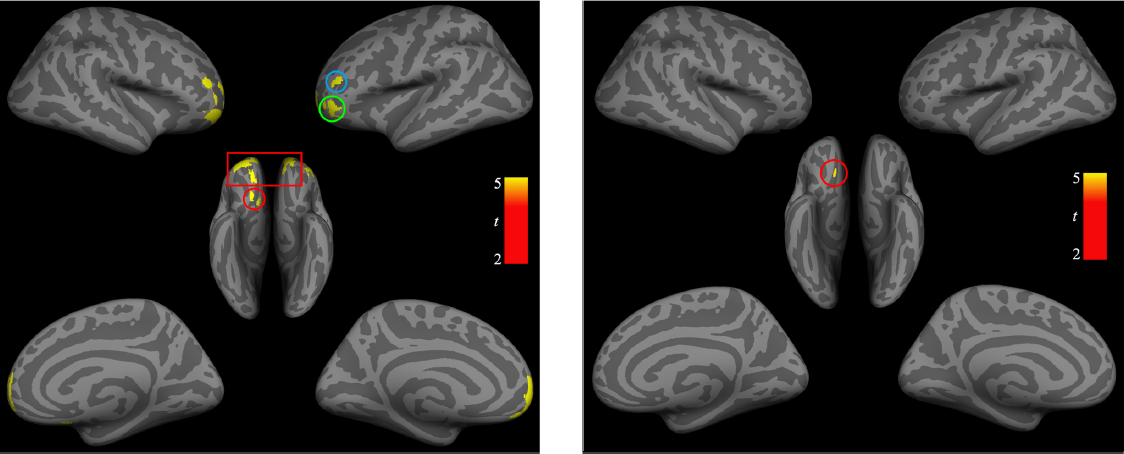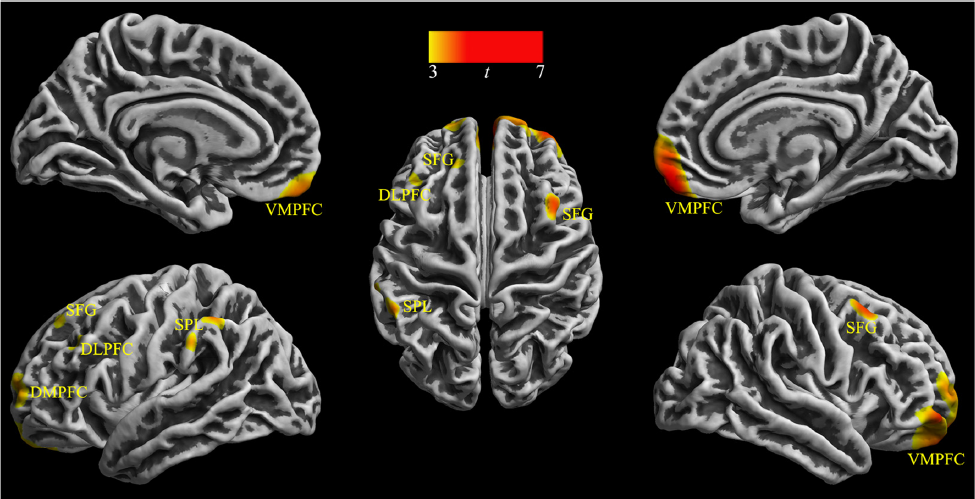How Gaming Changes Your Brain: The Long-Term Effects of Gaming

Hello everyone,
In this episode, we take a close look at what happens to our brain when we play video games (more specifically League of Legends) over a long period of time. We will mainly discuss two questions: 1) Which areas of our brain get "upgraded" or "downgraded"? 2) What does that means for us?
• In order to learn, our brain constantly changes. Those changes also appear from playing video games.
• In the study, 52 students participated (50% LoL players who play >3h/day, and 50% non-gamers).
• Comparing both groups, significant brain changes were found.
• Gamers appear to have worse decision-making abilities and impulse control.
• On the flip side, LoL players were found to have improved visuomotor skills (motor skills when reacting to visual stimuli).
• Such brain changes may have negative implications for players e.g., making less "good" decisions and controlling themselves on a daily basis.
• In addition, better visuomotor skills may be helpful in some occupations outside of video games and esports.
⚖️ Balance and Brain
In the realm of gaming, video games are constantly being updated and evolve as players play them. At the same time, less obvious to us, our brain gets updated as well from playing video games. This is necessary for us to improve our skills and rank-up in-game.
Research prior to the study we are examining today has established changes in brain regions. However, participants in such studies are usually either gamers with very little play time or those who are addicted (high amounts of play time). The study at hand looks at gamers that fit right in the middle.
🖱️ Do You Play League of Legends?
Fifty-two university students participated in the study, 50% of whom play League of Legends (LoL) for at least 3 hours per day, whereas the other half have never played LoL before and don't play video games at all. Similar to other studies in the gaming and esports literature, the male/female ratio favors males; six out of the 52 participants were female, and all of them were in the group that doesn't play video games. To get brain scan results, each participant underwent an MRI (Magnetic Resonance Imaging) scan.
🧠 Up- and Downgrading Your Brain
The study found structural variations in the brain between both groups (players vs. non-players). In the figure below, you can see the visual results, comparing the brains of LoL players (left) and non-gamers (right). Highlighted are the significant differences.

The question is: What do these changes mean for the players?
"These results... [show] structural indicators of less efficient prefrontal regions in terms of inhibition in extensive gamers, as reflected in lower volumes of, and thinner[, as well as shallower brain regions] [1]."
The prefrontal cortex is usually associated with deliberate thinking and decision making, e.g., the ability to plan, strategize, reason, and control (such as impulse, emotional, and attention). Meaning, the better equipped you are in these brain regions, the better you are in rational decision making and controlling your impulses (self-control over tempting behaviors).
"... extensive gamers seem to have presumed impaired self-control that manifest primarily in prefrontal-cortical regions [1]."
The figure below highlights the increased cortical thickness in the control (non-gamers) group in comparison to the gamer group.

The second major finding of the study was that gamers showed a thinning in one brain region (left SPL, if you look at the figure above). As a consequence, LoL players probably have improved visuomotor skills. Such skills reflect stronger motor skills when responding to visual stimuli (information). So next time someone says you're wasting time playing video games, just tell them you're upgrading your visuomotor skills. 😅 Furthermore, the authors state that concentration may be enhanced as well.
🤔 What does this Mean for Us?
"Hence, playing extensively can be a risk factor or a marker for weak decision-making abilities and impulse control, even before addiction symptoms in relation to video gaming emerge [1]."
Here, the authors argue that video games could lead to brain changes, leading to making worse decisions and poorer self-control, which in turn may lead to an addiction (Internet Gaming Disorder) later on. As we saw in earlier episodes, video games are made to be addictive, probably enhancing this mechanism.
Secondly, the authors argue "that extensive video gaming requires concentration, among other things (knowledge of tool use, fast right hand movement, etc.)...[1]." This may be a positive aspect of playing at least 3 hours per day, but may be especially relevant for people with pathologies (e.g., ADHD). However, further research is needed to show this.
Lastly, the gamers in the study showed larger visuomotor regions (presumably reflecting better motor skills when reacting to visual stimuli), these skills may be relevant in some gamers' day-to-day life. As we have seen before, for (semi-)professional players, the transition out of esports is hard. The reason is that the many skills necessary to play video games successfully (e.g., visuomotor skills) have limited applications is modern jobs (for instance office worker). However, there are jobs and tasks that profit from such skills e.g., cooking, and driving.
Thanks for the read! Have a great week. Byeeee,
Christian 😃
Join over 250+ (🤯) Gaming Science subscribers and become smarter every week.
"I love this type of content, thank you Chris."
References
[1] He et al., 2021






